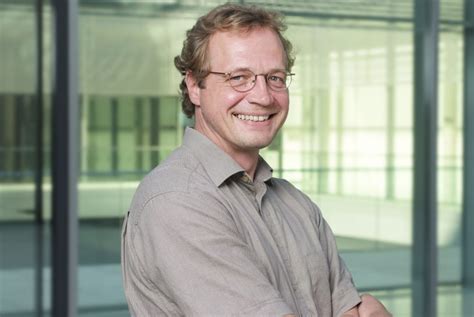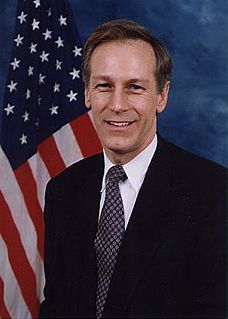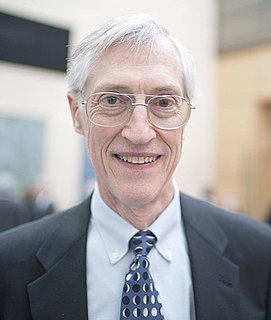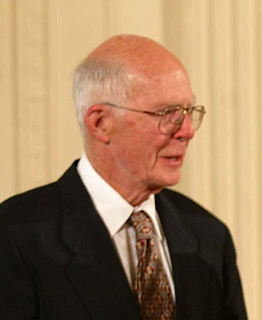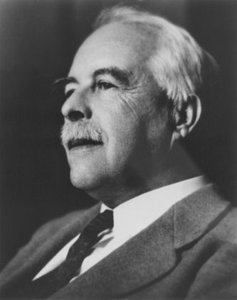A Quote by Mildred Dresselhaus
My entry into the field of hydrogen came as a great surprise. President Bush of the United States was interested in hydrogen for energy applications, and I was asked to chair a committee on hydrogen for the Department of Energy.
Related Quotes
It has been recognized that hydrogen bonds restrain protein molecules to their native configurations, and I believe that as the methods of structural chemistry are further applied to physiological problems it will be found that the significance of the hydrogen bond for physiology is greater than that of any other single structural feature.



